The ninth edition of the African Regional Forum for Sustainable Development (ARFSD) has commenced in Niamey with an urgent call to address the financing gap to achieve agenda 2030.
African countries need a breakthrough on access to finance to upscale urgently required investments, according to the United Nations Deputy Secretary General Amina Mohammed.
Mohammed indicated that the financing gap to achieve the Sustainable Development Goals (SDGs) and deliver climate resilience continue to widen.
She said about 43 percent of the African nations were in or near debt distress, mostly driven by external factors beyond their control.
This, she said, was not acceptable.
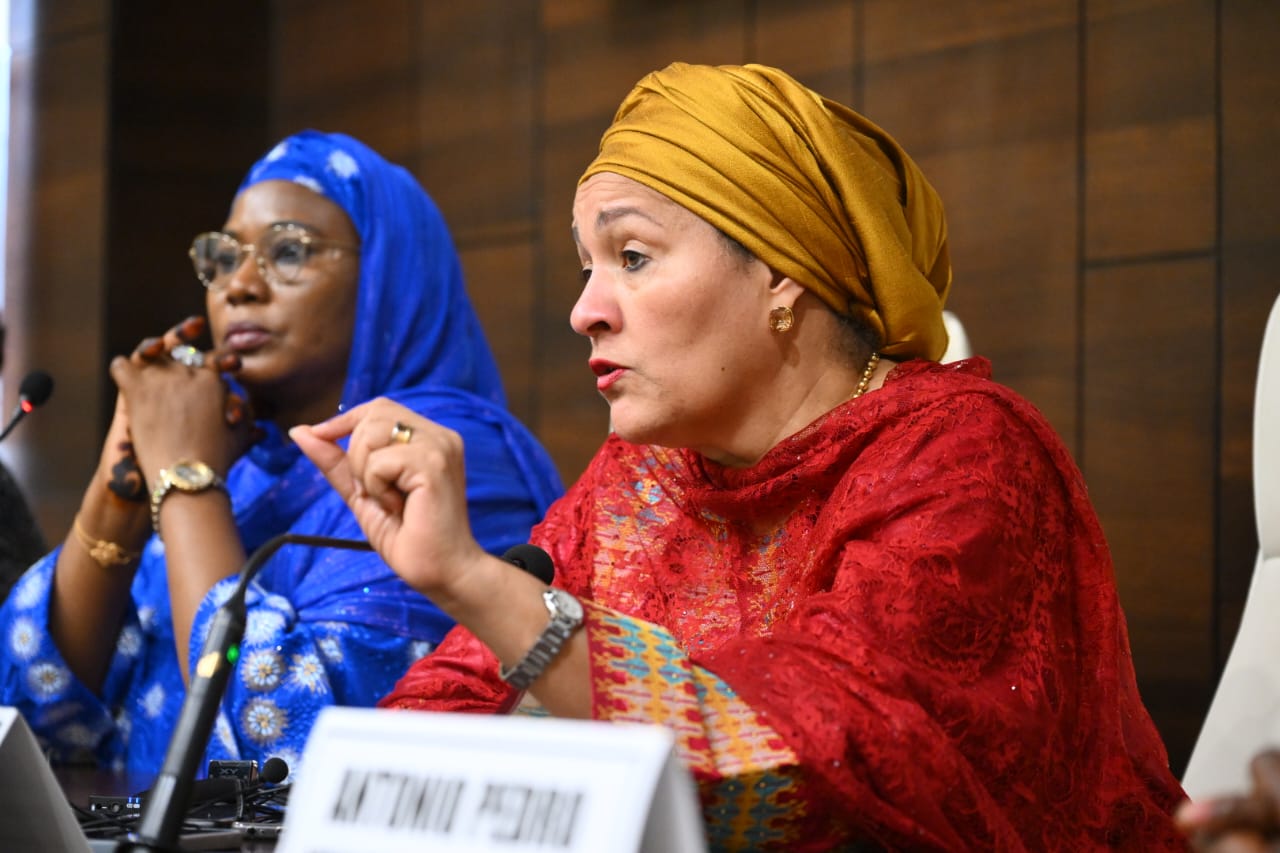
She said this during the ARFSD 2023, which was officially opened by Niger President Mohamed Bazoum in Niamey on Tuesday.
Mohammed reiterated the UN Secretary General call on the G20 to unlock an SDG stimulus of at least US$500 billion annually for developing countries.
“Putting that fire out demands equality in our support not hypocrisy and broken promise.
“More broadly, we also need systematic reforms to a global financing architecture that is not fit for purpose and that remains too short term oriented, crisis-prone and fundamentally skewed towards the interest of the rich,” she said.
Mohammed called for reforms that will tackle the SDG Stimulus, coupled with initiatives like the Bridgetown agenda.
Read more: Africa must not miss out on digital economy, time to act is now —UNECA Secretary, Pedro
She said they have to ensure that African countries can access the debt relief , write-downs and additional finance they desperately need to cover and plan for uncertain future.
Mohammed indicated that when world leaders gather next September for the SDG Summit, there is need to re-energize national SDG promise.
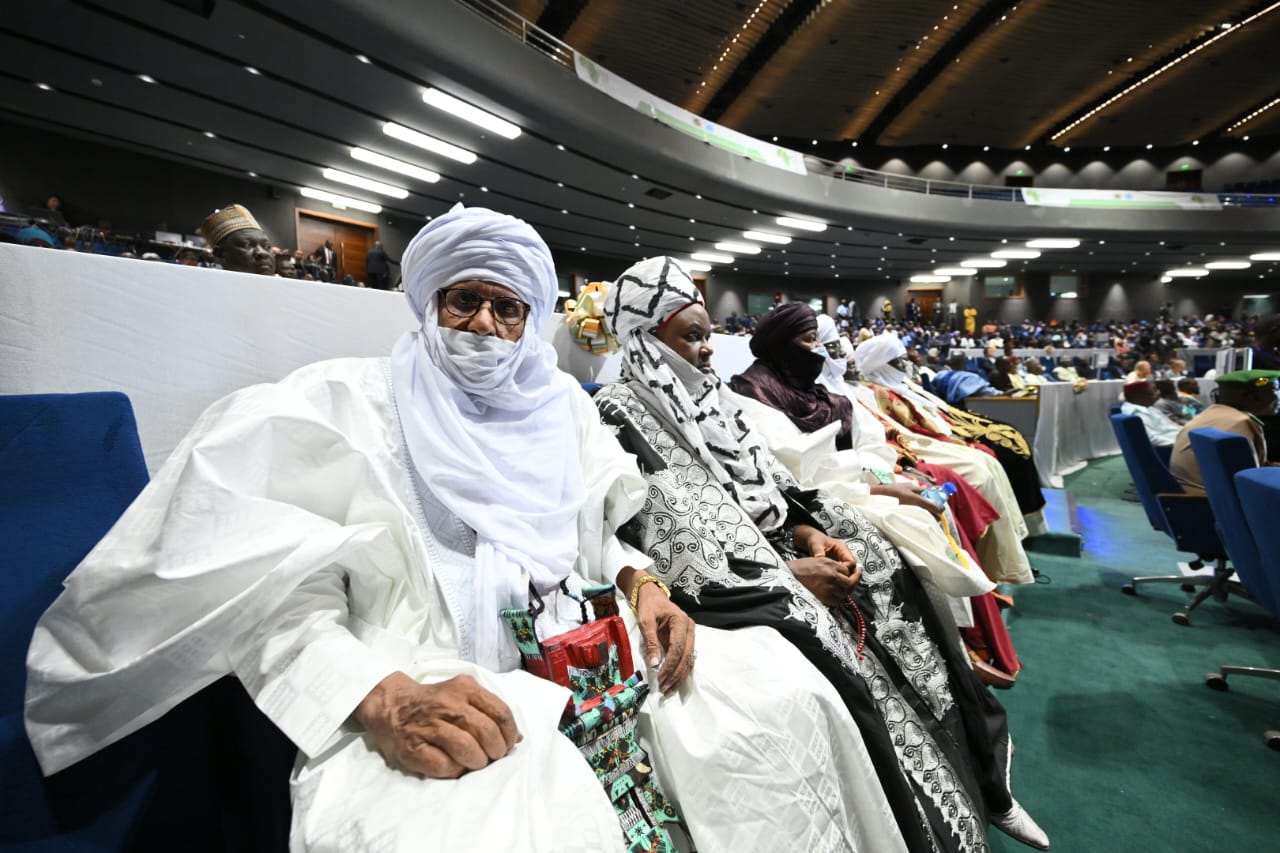
“It is clear after 7 years of implementation that we are not taking the bold rescissions needed to drive transformative progress.
“At the Summit, world leaders must set out clear ambitions to reduce poverty and inequality by 2028 and 2030,” Mohammed said.
She said they must convey a clear commitment to fully align national institutions and budgets with the SDGs.
Speaking at the same event, President Bozoum said Africa and in particular Niger was faced with a number of challenges citing water and infrastructure among the many other issues.
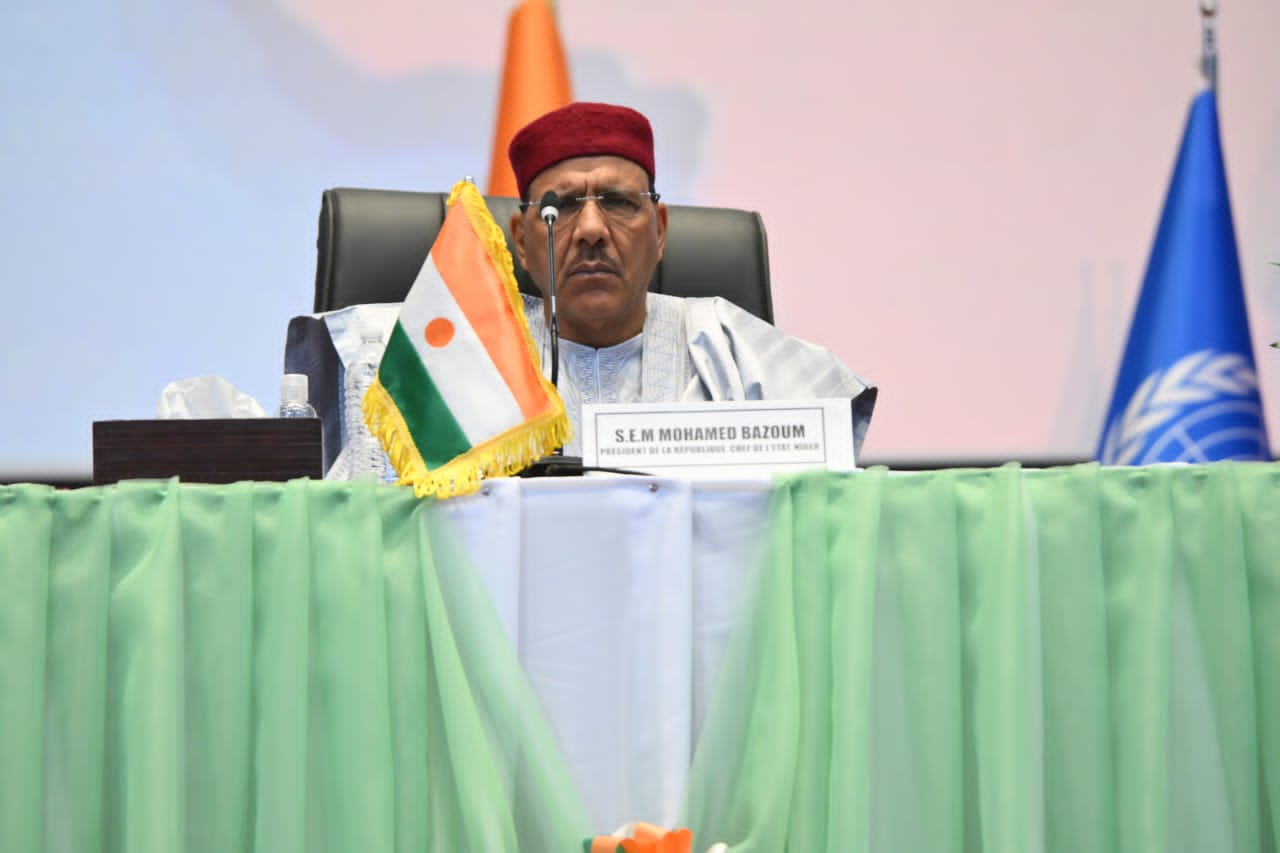
He noted that achieving “real progress” in the implementation of the United Nations’ Agenda 2030 and the African Union’s Agenda 2063, “necessarily involves efforts that will focus on promoting a just world, based on equitable and inclusive rights.”
“I hope that the conclusion of this Forum will constitute a new start for new actions and for rea implementation of the follow up of the SDGs,” President Bozoum said.
Speaking earlier, United Nations Economic Commission for Africa (UNECA) Acting Executive Secretary Antonio Pedro said African countries have achieved significant progress, in relation to reducing poverty.
Pedro said the share of African population living in extreme poverty decreased from 53 percent to 40 percent.
He, however, said the absolute number of the poor remains high and is growing.
Pedro noted that during the pandemic, 62 million people were pushed into poverty in just one year between 2019 and 2020.
He added that in the year 2022, there were 18 million new poor attributed mainly to the crisis in Ukraine and the pervading impact of the pandemic in Africa.
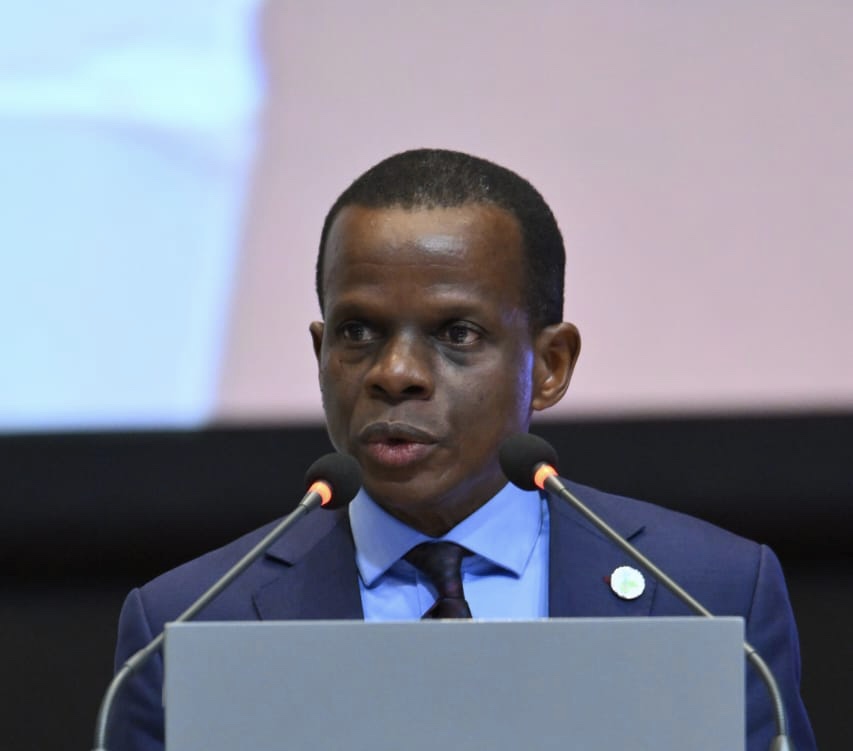
Pedro said African GDP was expected to decelerate in 2023 in a volatile global environment.
He said the combined negative effects of inflationary pressures, depreciating currencies, disruption of demand and supply chains, deteriorating terms of trade, raising cost of borrowing and adverse weather events resulted in output gap for Africa compared real output before the pandemic.
Pedro said this year, they will be revisiting the SDGs 6, 7, 9, 11 and 17.
“Please allow me to focus particularly on SDG 9 “Build resilient infrastructure, promote inclusive and sustainable industrialization and foster innovation.
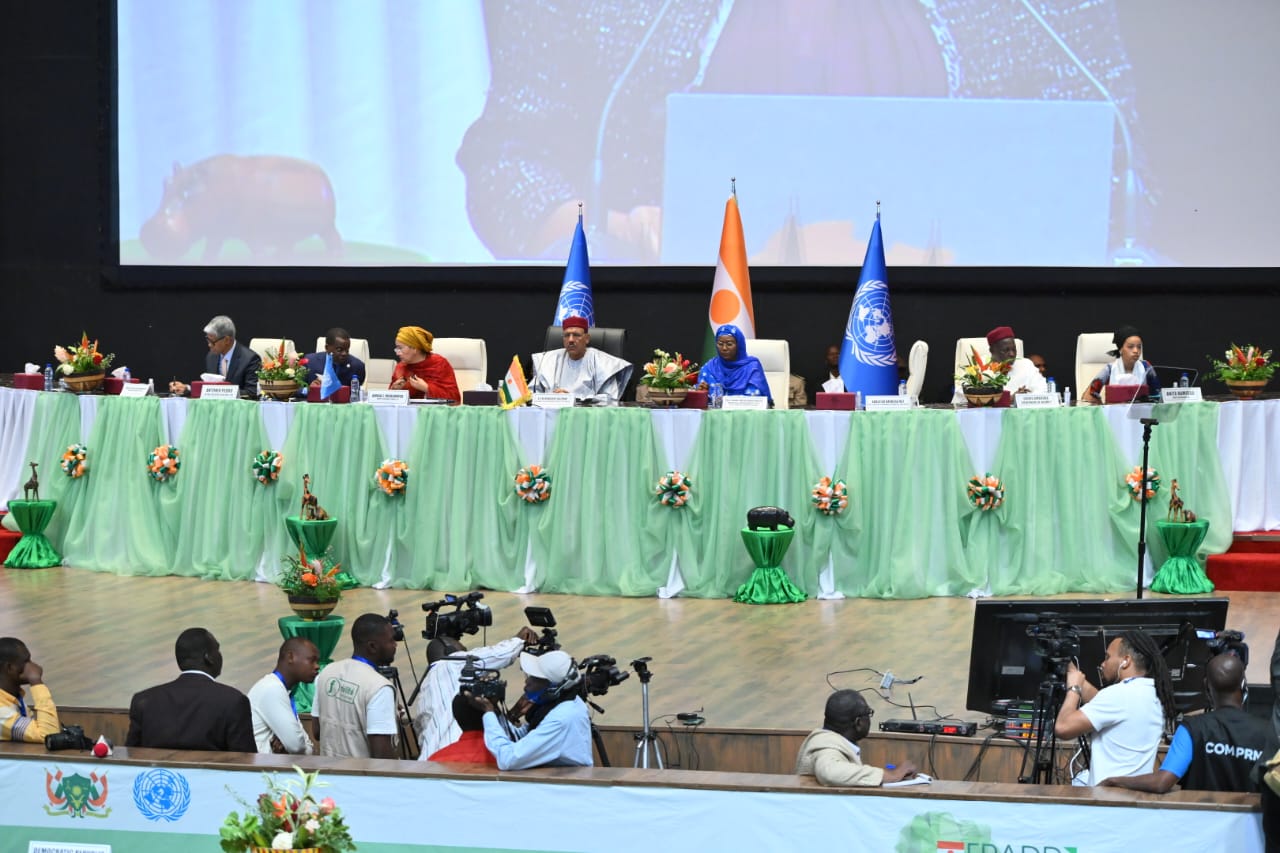
“The outcome of the AU Summit on Industrialization and Economic Diversification provides us with a roadmap to realize SDG 9 in Africa,” he said.
The ninth regional forum seeks to build on this vision to accelerate the implementation of the Sustainable Development Goals and Agenda 2063.
Those in attendance were Ndagijimana, Minister of Finance and Economic Planning of Rwanda, Chair of the eighth session of the Africa Regional Forum on Sustainable Development, Saratou Rabiou, Minister of Environment and Sustainable Development of the Republic of Niger.
Others were Lachezara Stoeva, President, Economic and Social Council of the United Nations, and Permanent Representative of Bulgaria to the United Nations, Amina Mohammed, Deputy Secretary-General of the United Nations, Deputy Chairperson of the African Union Commission.
WARNING! All rights reserved. This material, and other digital content on this website, may not be reproduced, published, broadcast, rewritten or redistributed in whole or in part without prior express permission from ZAMBIA MONITOR.

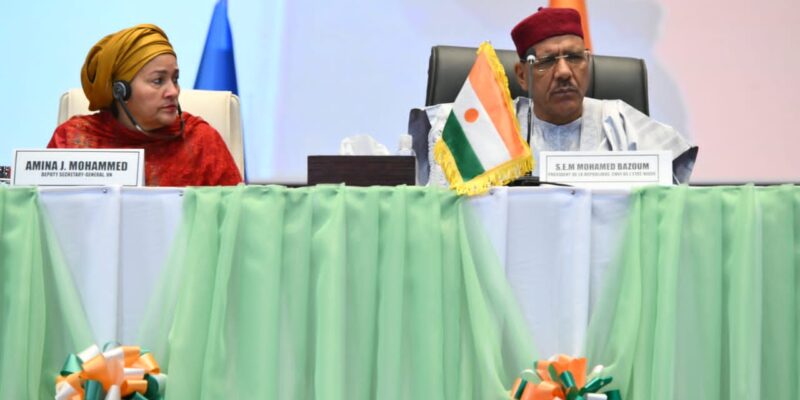

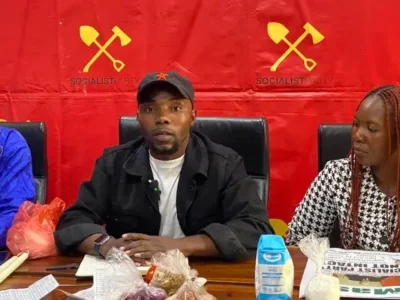
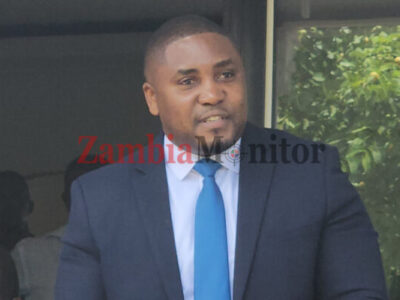
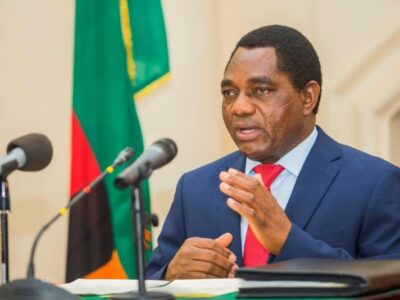
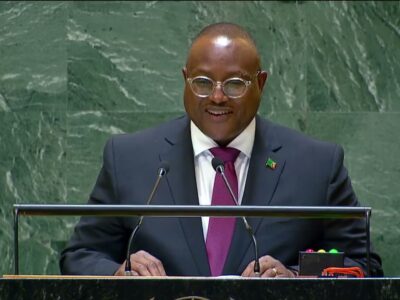
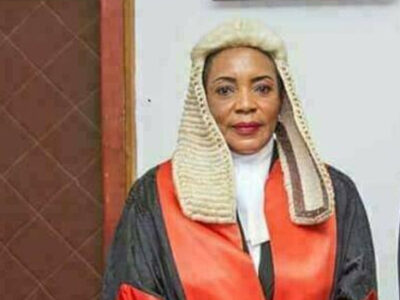




Comments